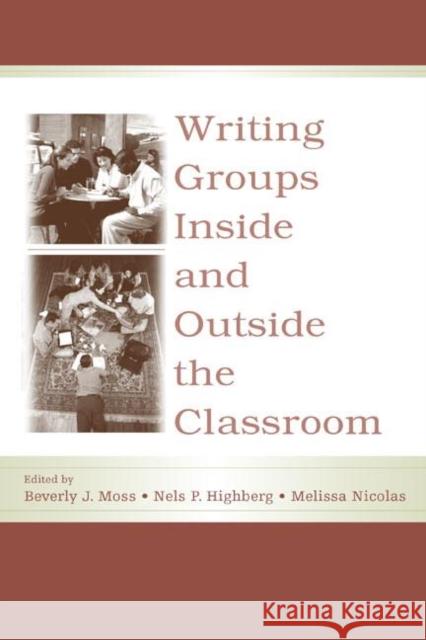Writing Groups Inside and Outside the Classroom » książka
Writing Groups Inside and Outside the Classroom
ISBN-13: 9780805846997 / Angielski / Twarda / 2003 / 284 str.
Writing Groups Inside and Outside the Classroom
ISBN-13: 9780805846997 / Angielski / Twarda / 2003 / 284 str.
(netto: 720,05 VAT: 5%)
Najniższa cena z 30 dni: 654,86
ok. 16-18 dni roboczych.
Darmowa dostawa!
Showing that writing groups function first and foremost as literary events, this work argues that understanding writing groups as literary events requires that they be seen contextually. One can then begin to comprehend more fully the different types of collaboration that take place in writing groups across setting and communities and the nature of those collaborations. does gender, race and/or socioeconomic class have on power dynamics within writing groups? How does the local community of a writing group impact group members' participation in other local and global communities? When is a writing group a community, and are all writing groups communities? What actions contribute to a strong community of writers and what actions contribute to the breakdown of community? When and for whom are writing groups ineffective? Ultimately, what is it about belonging to a community of writers that makes writing groups appealing to so many within and beyond the academy? This book aims not to provide definitive answers to these questions, but to answer some of these questions as they relate to their local writing groups. It should be of interest to writing instructors, writing center directors and others involved with writing groups.











